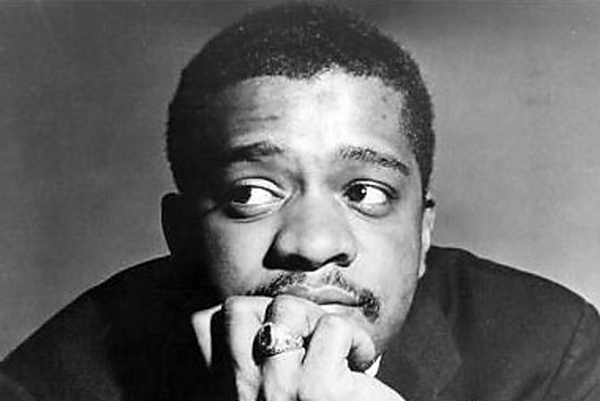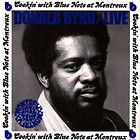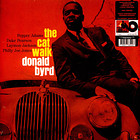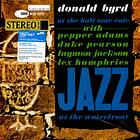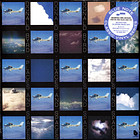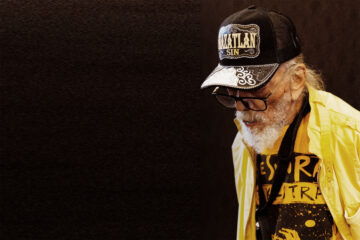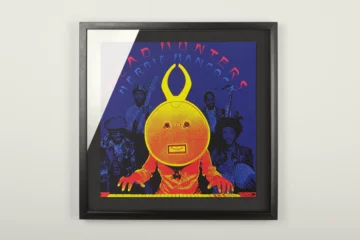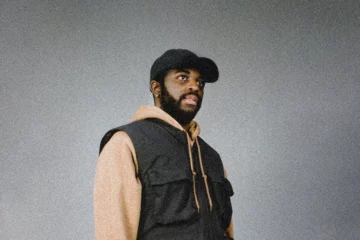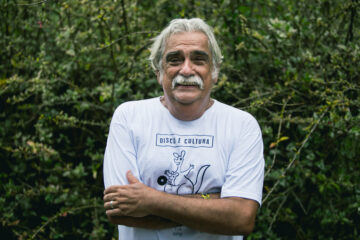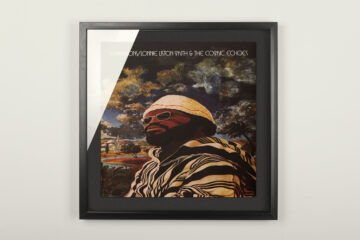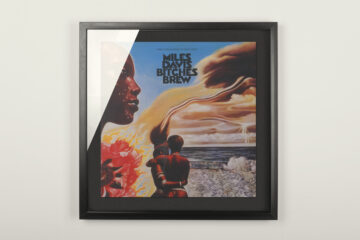Actually, jazz has always been predominantly a niche thing. In the 1970s, there was maybe one jazz number for every two hundred played on the radio, and I’m talking about stations that claimed to be »the Black Experience in Sound«. When jazz was actually played, it was by Donald Byrd. Born in Detroit in 1932, the trumpeter was no innovator, even if some of his recordings released on the Delmark and Blue Note labels are legendary, but he was a recording star.
He wanted to reach people
Byrd thus became an authoritative figure on the scene because his music made the spirit of jazz accessible to a wider public. Donald Byrd’s bebop-inspired jazz, based on harmonic structures and clear tonal references, served not a few people as an introduction to a more intensive study of this moving musical genre. Donald Byrd, who played with almost all the well-known jazz greats such as John Coltrane, Sonny Rollins, Thelonious Monk, Herbie Hancock, McCoy Tyner or Eric Dolphy, did not decide against jazz as an art form, but rather, at the latest since the 1970s, consciously decided in favour of success. He wanted to reach people.
On February 8, Donald Byrd, one of the most successful jazz musicians of our time, died in Teaneck, New Jersey, at the age of 80 under still unknown circumstances.

